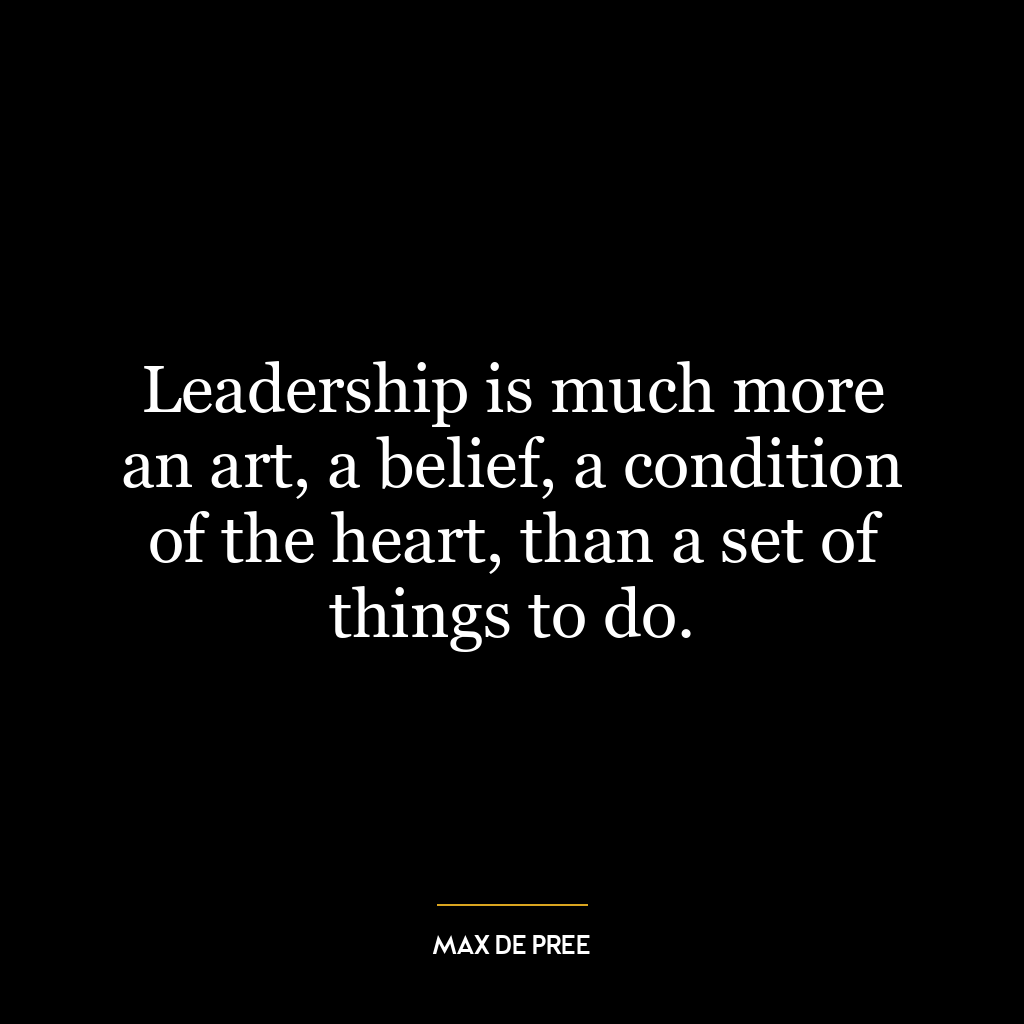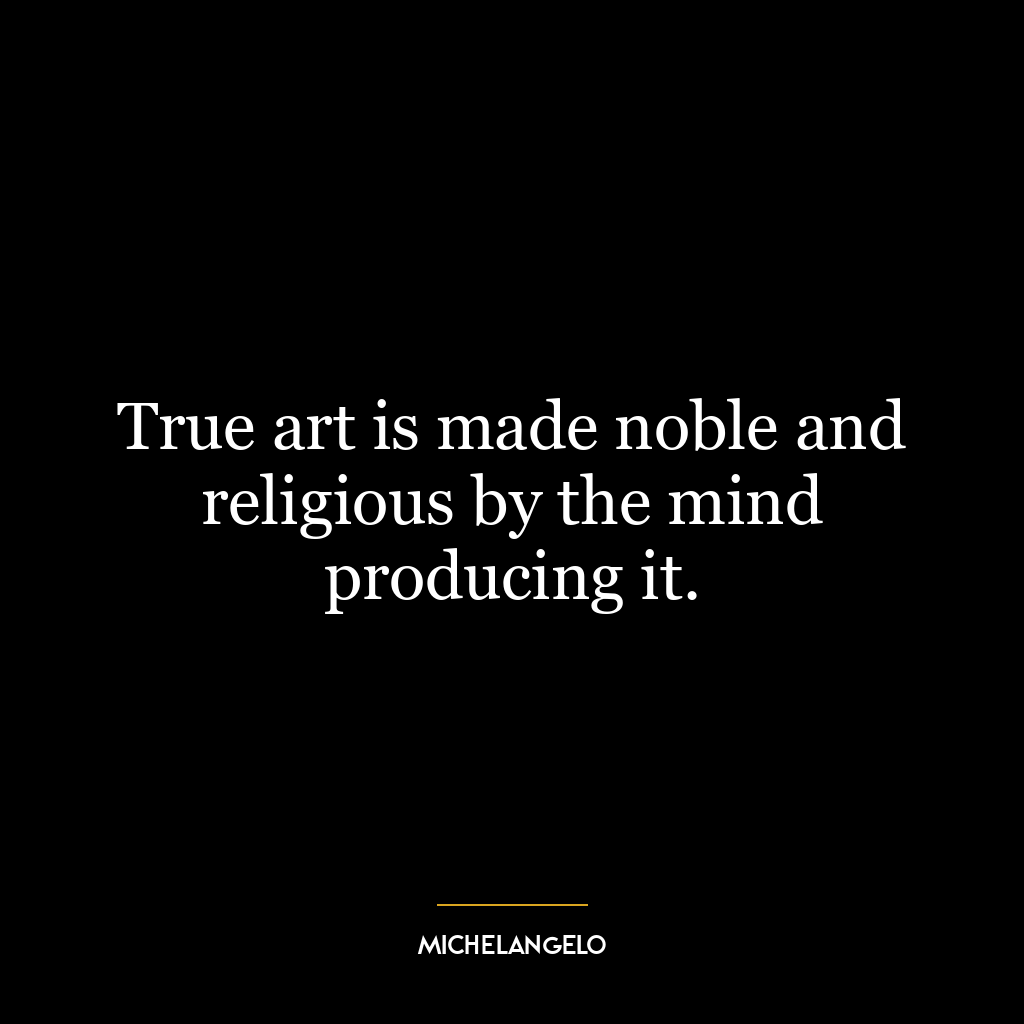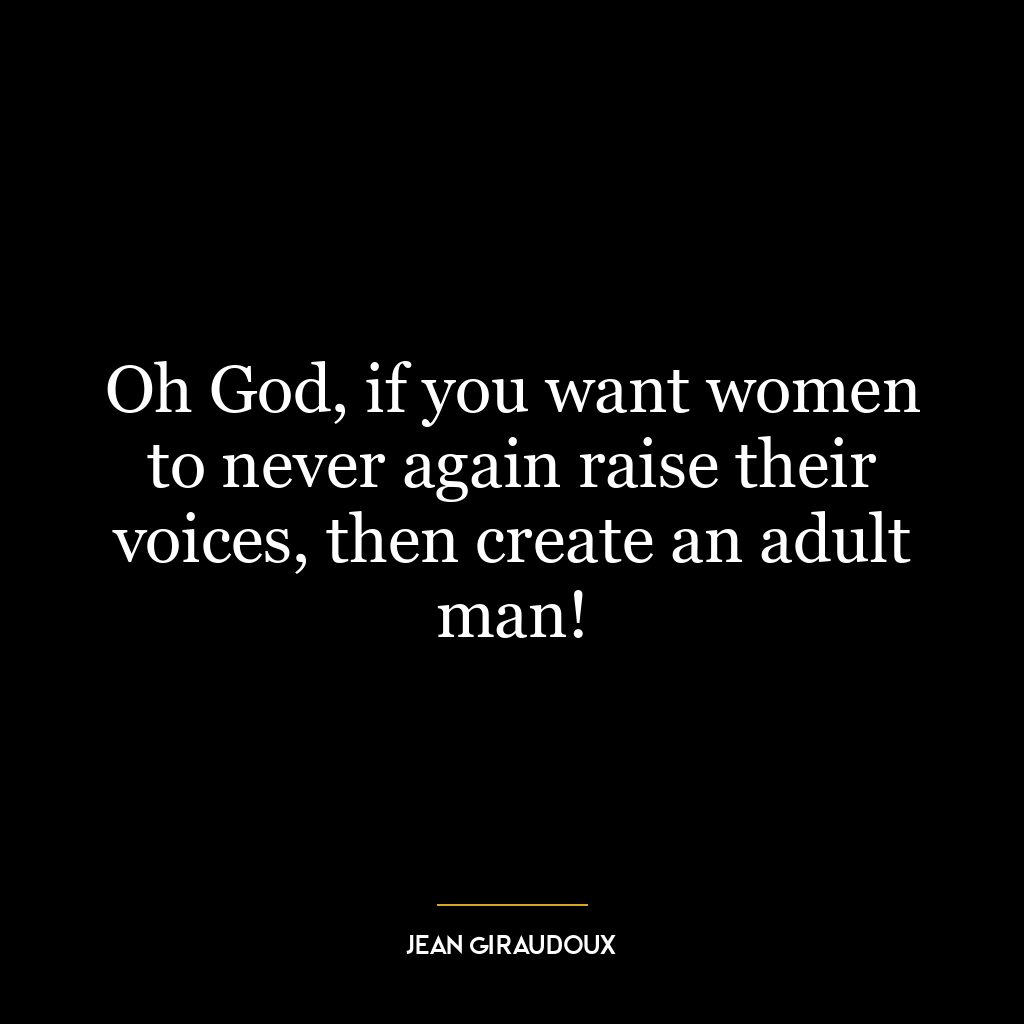My Brain and My Heart are my Temples. My true Religion is Kindness. Read explanation
This quote, “My Brain and My Heart are my Temples. My true Religion is Kindness,” is a profound statement about the importance of personal thought, emotion, and kindness. The “brain” and “heart” are symbolic representations of rationality and emotion respectively. The term “temples” is often used to signify a sacred place of worship. By referring to his brain and heart as temples, the speaker emphasizes the importance of cherishing and nurturing one’s thoughts and emotions, as these are the core of our individual existence.
The second part of the quote, “My true religion is kindness,” suggests that the speaker’s guiding principle or belief system is rooted in kindness. Religion, in this context, does not refer to an organized faith, but rather a personal belief or value system. The speaker is saying that kindness is the ultimate virtue, the guiding principle that directs his actions and interactions with others.
Applying this idea to today’s world, it suggests that we should place more importance on our internal world – our thoughts, our emotions, and our capacity for kindness. In a world that often values external achievements and material success, this quote is a reminder that what truly matters is how we treat others and how we cultivate our inner selves.
In terms of personal development, this quote can be a guide for self-improvement. It encourages us to pay attention to our thoughts and emotions, to treat them with respect and care, and to make kindness a core part of our personal value system. It suggests that true personal growth comes from nurturing our minds and hearts, and from treating others with kindness and compassion. It’s a call to move away from external validation and towards a more internal, authentic, and kind approach to life.












